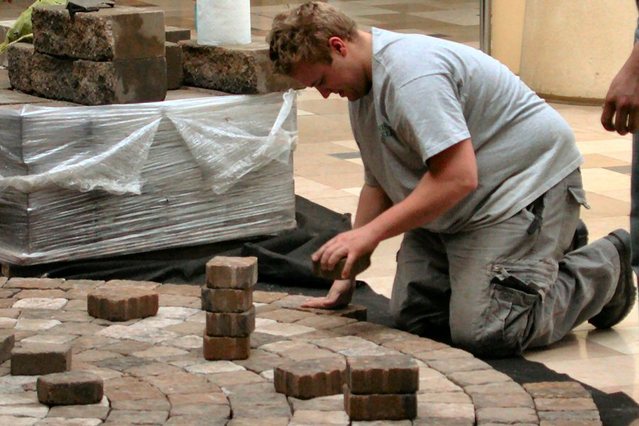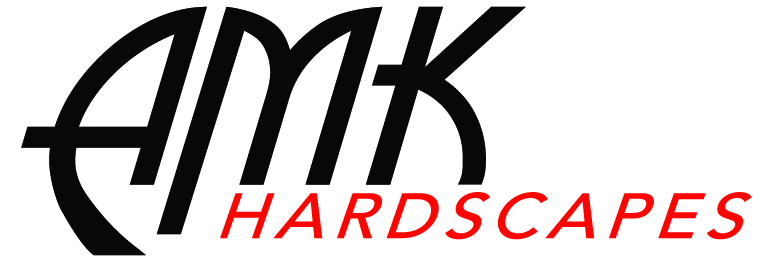Denver Paver Hardscaping and Mistakes to Avoid

You’ve watched an entire winter of landscaping design, and home and garden shows. Spring is finally here, which means we’re buried under 2 feet of snow, but it’s probably going to be 80 in a few days. Your Pinterest is full of inspiration and you’re ready to get started. If you’re a first time homeowner or if you’re trying your hand and hardscaping your Denver home with pavers for the first time, don’t fall into these common pitfalls.
A Good Foundation
Without a good foundation any project is likely to either completely fail or have to be redone in a few years. Don’t skimp on sand for the base. With Denver’s harsh winters and hot summers, the ground is likely to shift and settle. A good sand foundation that is properly compacted and compressed will ensure that your patio or walkway stays level. Make sure pavers are laid as close together as possible. Use filler sand to seal gaps. This creates a cleaner look but also prevents water from seeping in between and freezing thus pushing the stones apart.
Consider Drainage
Many parts of the country must plan around a high water table or a hardpan layer beneath the surface that traps water. The most common type of drainage problem that we encounter in Colorado stems from our rocky, clay soil. Fashion proper gradation away from the house to ensure proper drainage. If you are laying a hardscape paver patio, use proper leveling and support techniques ensure that it is flat with no sagging in the center that will collect water. There should be a slight grade away from any structures so that water doesn’t runoff in that direction.
Use Proper Support and Bracing
When building a planter area or retaining wall it’s important to brace it properly to prevent a collapse that could be dangerous. There are three main failures that can occur they are:
A blowout failure where soil is loaded to high up on the structure and it topples over.
A wet-soil failure is caused by improper drainage. Added water weight puts pressure on the wall causing it to fail.
A frost heave failure occurs when water fails to drain and then freezes causing it to expanded. The expanded soil within pushes out on the wall, often tipping it over.
Pavers are heavy and even a low wall can cause serious injury. In Denver, no permit is needed for a wall shorter than 4 feet but a wall 6 feet or taller requires an engineering review. Proper footer weight, use of gravel, and drainage grade should prevent collapse.
At AMK Hardscaping we can help you with your do it yourself project or we can do the entire thing from planning to execution. If you are planning a big hardscaping project this spring call us at 303-525-8601 today. We are happy to advise you about proper techniques and materials for any hardscaping project. However, keep in mind hiring a professional will likely save you money and headaches in the long run. Sit back, enjoy a cool drink and let us do all the heavy lifting!
